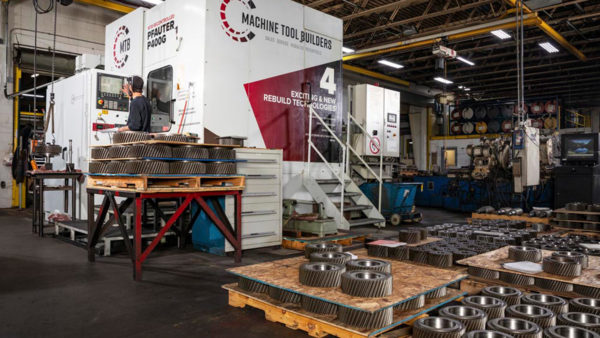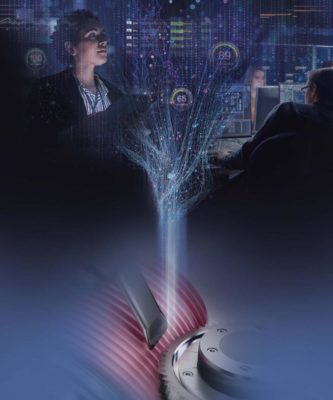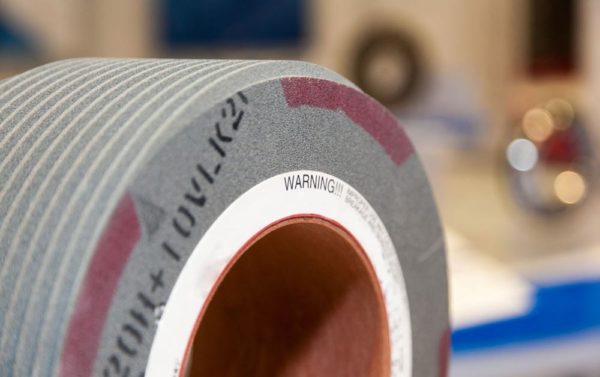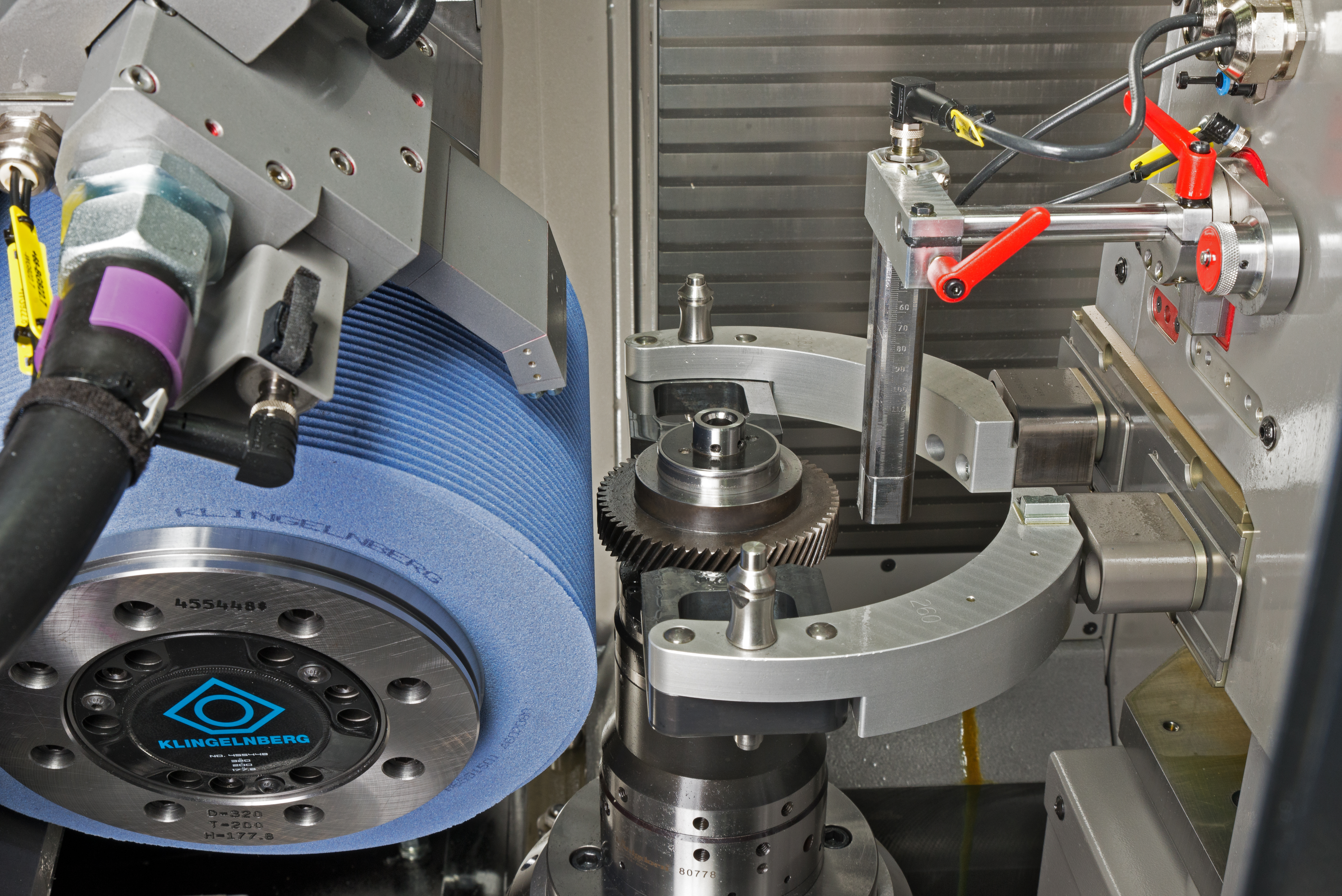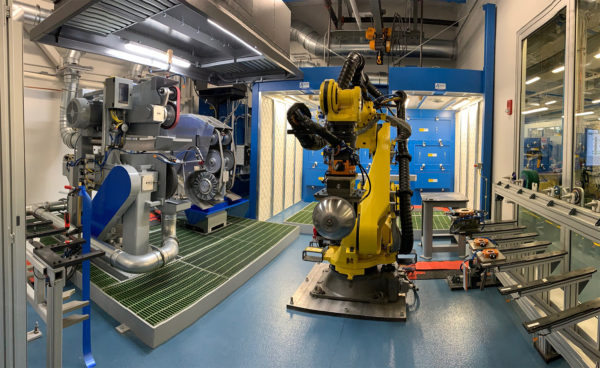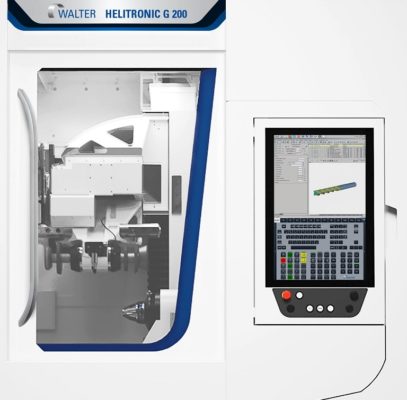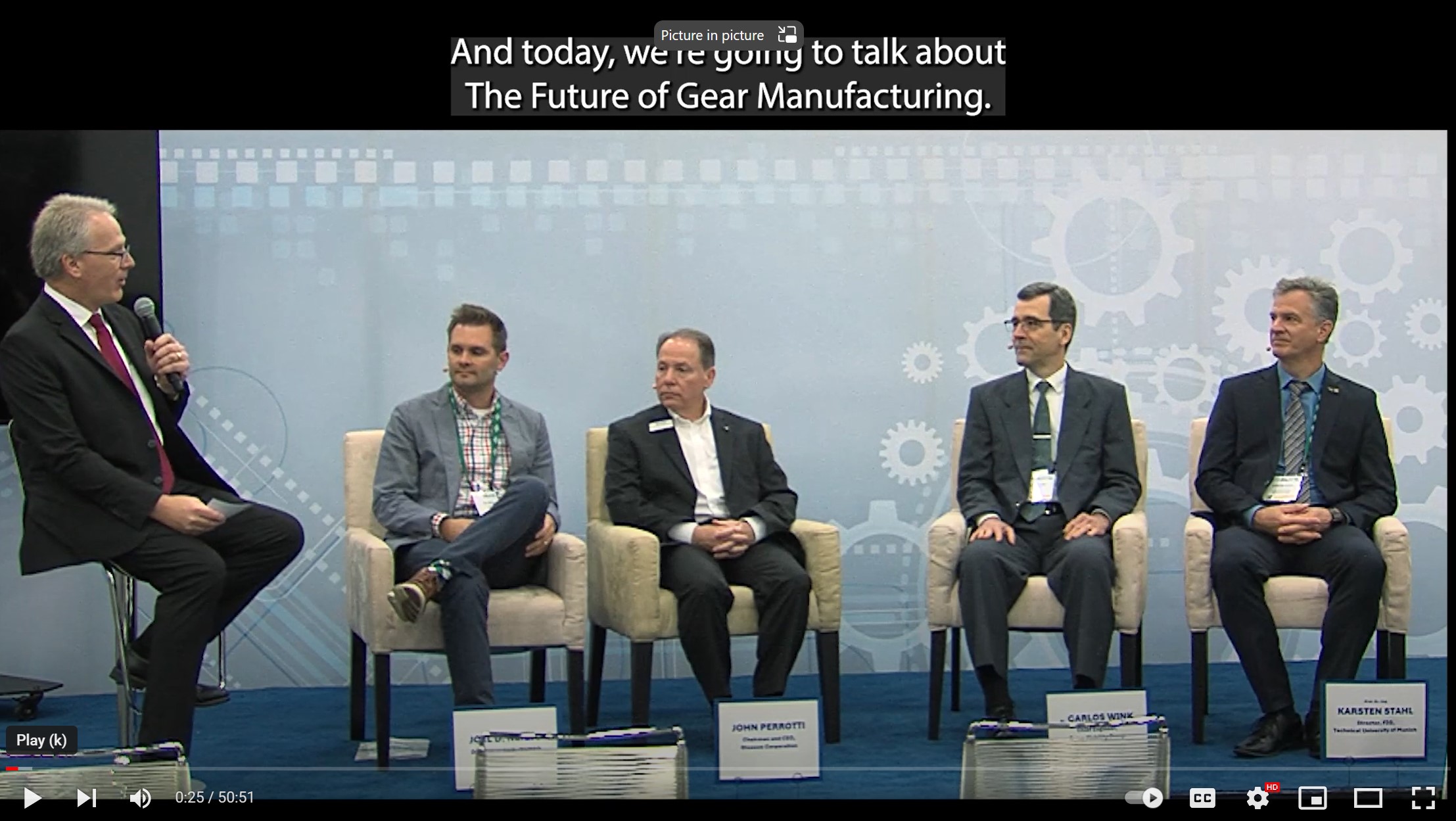Articles Tagged with ''grinding''
Understanding Bevel Gear Grinding
Key techniques for optimal surface finish and gear quality
Read More
ARGUS “Swarm-Based” Gear Grinding Expertise
A process and machine component monitoring system
Read More
Process Variables for Gear Grinding
Tremec Offers Latest Transportation Technology with Assistance from Klingelnberg Speed Viper
Read More



